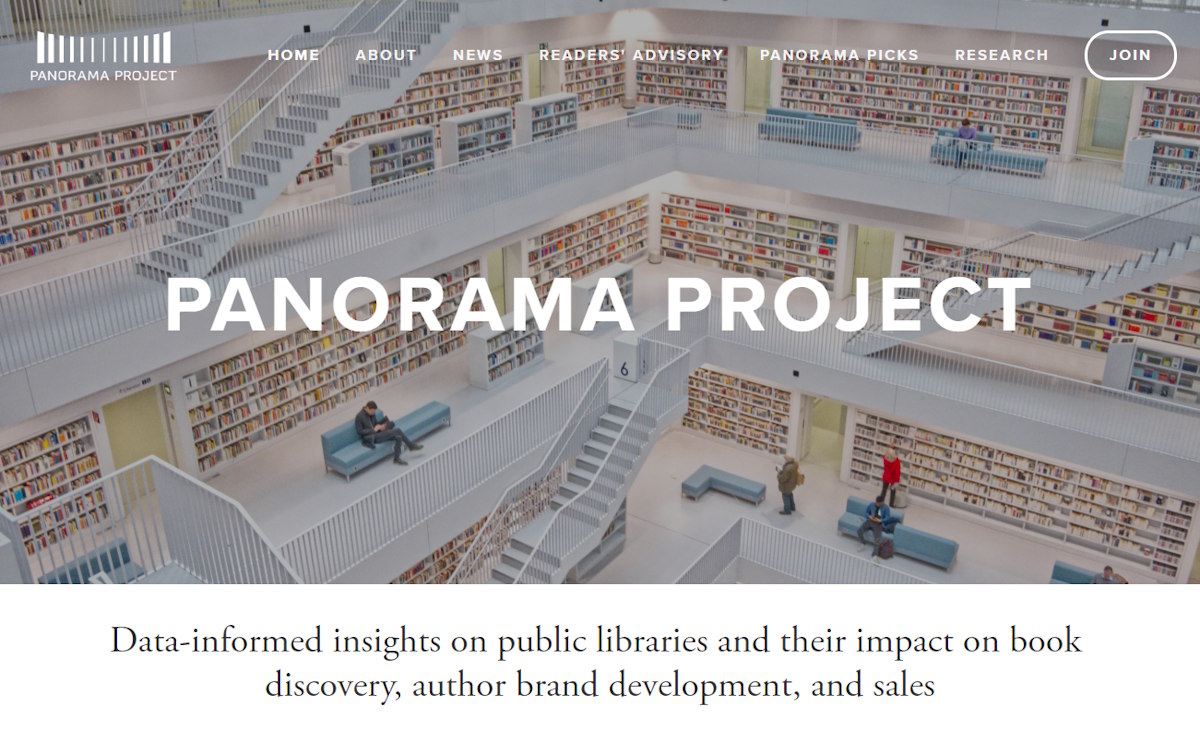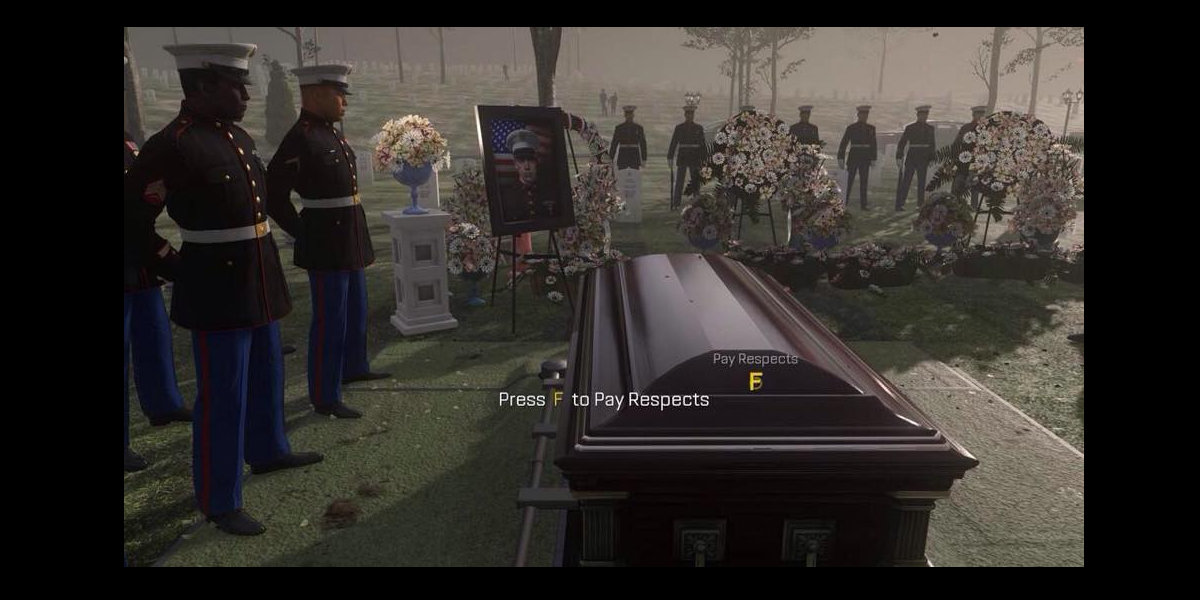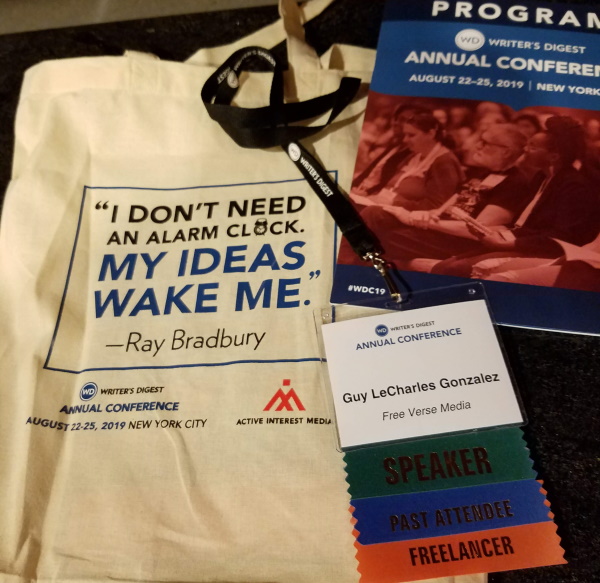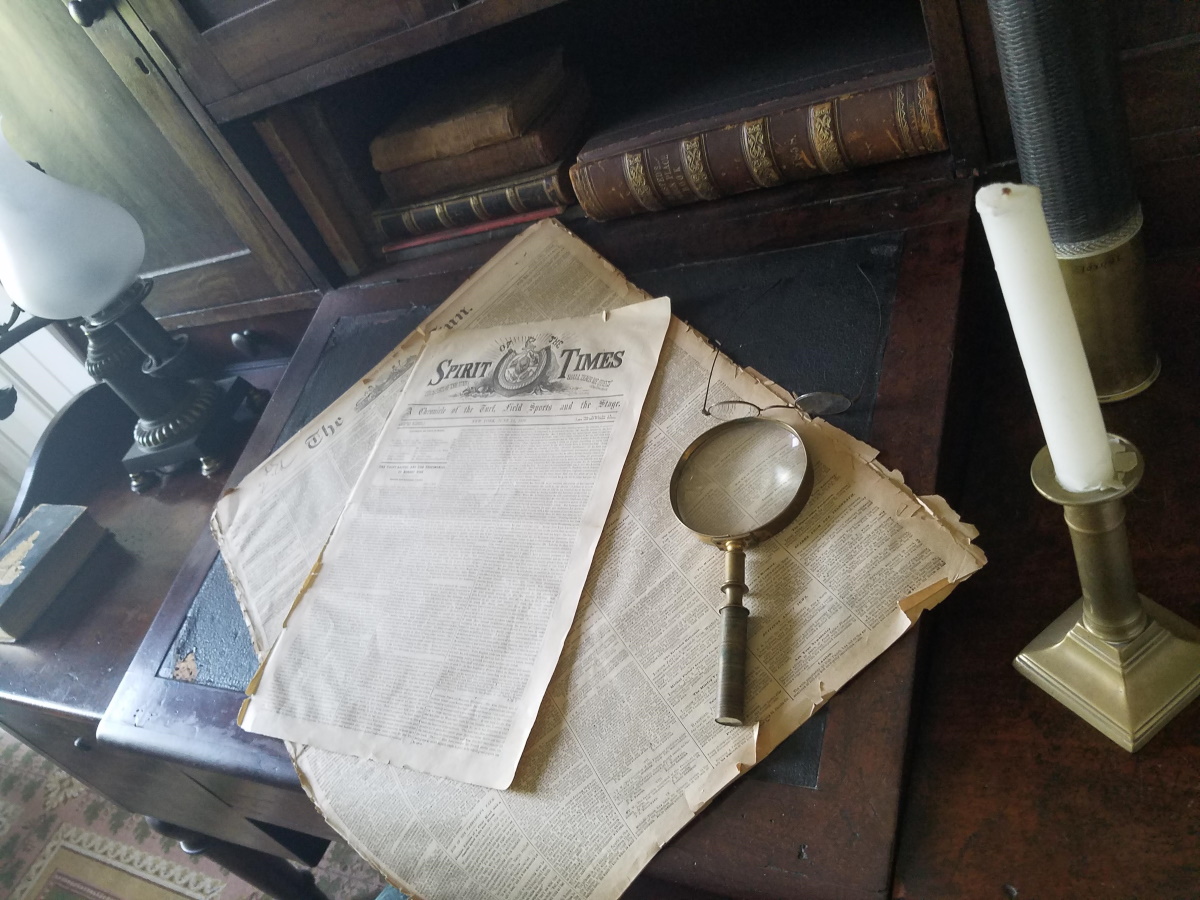Commentary and advice on marketing, mostly for publishers (traditional and brands) and writers, but sometimes from a broader perspective.
While I've written about building and maintaining platforms myriad times, I've never purposefully looked back on the platforms I've built and examined how and why they deteriorated over time. Over the next few weeks I'm going to organize my thoughts and write about three of the most important ones—partly to properly document them, and partly to offer any relevant takeaways I might have.
I took over the Panorama Project last July—which really does feel like two lifetimes ago—so as my anniversary looms, it's a perfect time to check-in and see how things are progressing. It was only three months ago that the Panorama Project was gaining some real momentum, coming off a productive PubWest gathering and announcements of two major initiatives for 2020: Immersive Media & Reading 2020—Consumer Survey, and the Library Marketing Valuation Toolkit. Despite everything, Panorama's work hasn't halted, and our two big initiatives continue to move forward.
How a publisher defines, segments, and prioritizes its audience impacts every decision it makes about every book it acquires, publishes, and markets. As I noted in the new annual report for the Panorama Project, despite the growth in ebooks and audiobooks over the past decade, there are reportedly fewer people reading books today, and fierce competition for their attention and discretionary spending. In the absence of any major consumer research focusing on how book consumption and purchasing behavior has changed over the past five years, there are many unsupported theories attempting to explain why consumer ebook sales plateaued, and then began a gradual decline. Consumer pricing, library lending, and self-publishing are believed to be among the primary factors, while little consideration has been given to the impact of other forms of digital media that have experienced exponential growth—including film, TV, and gaming.
“Most book marketing advice comes from authors who’ve had commercial success with books but no actual marketing experience. Many are taking advice that isn’t meant for them yet because they're not where they need to be,” explained Kilby Blades, an award-winning indie author and professional marketer, sharing practical insights for effective paid marketing strategies with WDC19 attendees.
I read (and listen to) a lot about what's happening in marketing and media these days, and while the desire for clicks and the illusion of engagement generates a lot of useless noise, there are still some good, actionable insights being put out there that can be easily missed. I share the good stuff on Twitter and LinkedIn when I find it, but "Marketing Memos" is a weekly(ish) selection of 3-5 of the most interesting and insightful articles and podcast episodes—curated after I've had a chance to process them and identify the best.
"Market research is a very dry, dull topic, but finding and connecting with readers is how we make money." Too often, market research is limited to the basics—high-level demographics (age, gender, income) and/or broad genre interests (science fiction, romance)—leading to target audiences that either don't actually exist, or worse, reflect the researchers' personal interests. To find the right readers for a specific book or author, Amy Collins encourages writers to set aside personal assumptions and dig deeper.
I read (and listen to) a lot about what's happening in marketing and media these days, and while the desire for clicks and the illusion of engagement generates a lot of useless noise, there are still some good, actionable insights being put out there that can be easily missed. I share the good stuff on Twitter and LinkedIn when I find it, but "Marketing Memos" is a weekly(ish) selection of 3-5 of the most interesting and insightful articles and podcast episodes—curated after I've had a chance to process them and identify the best.




